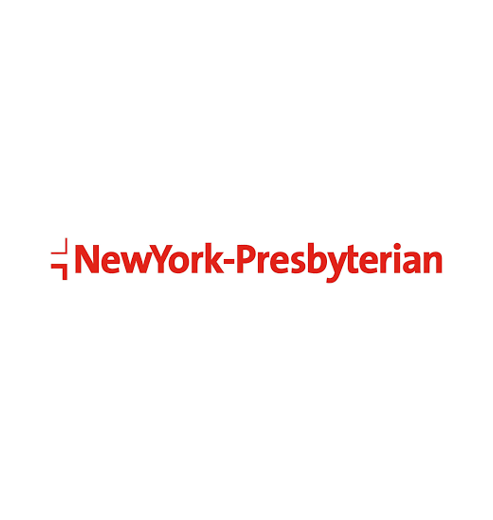Candidate for Director, 2023 - 2025
Joseph Gnolfo, DNP, MS, ACNP, CRNA Fast Facts About Joe
What are the biggest challenges facing the profession?
What experiences, ideas, connection or resources do you have that would allow you to help with those challenges?
Name one skill or strength you possess that is unmatched by your colleagues or peersMy ability to listen, understand, and work through issues has been heightened with experience in nurse anesthesia and training as a New York City Police Officer. Building and leading a group of around 70 CRNAs, 20 anesthesia techs, and students from two major universities has been a challenge. I am able to establish trusting relationships, setting my personal beliefs aside at times, to create a productive and comfortable environment in which to accomplish the goal at hand. When a am tasked with something I execute it completely with precision. Having the ability to put others first, before yourself, is rare but vital to progress within the profession. What do you love about being a CRNA? What drew you to the profession?At every stage in my journey to become a CRNA I told myself I am lucky. Lucky to get into nursing school in a completive environment, to graduate, to get a job in the ICU, to get into anesthesia school, to graduate, and lucky to get a great job that I look forward to going to everyday. I am forever grateful for all the opportunities being a CRNA has given me and I hope to give back to the field of nurse anesthesia. In short, I love everything about being a CRNA. Growing up I always wanted to be a police officer or a health care provider and I was lucky enough to get to do both. My interest peaked in nursing and nurse anesthesia when I lost my father at age 19. He had passed suddenly from an “idiopathic cardiac event”. During the experience my family and I were scared and vulnerable. I remember going to the ED and watching the “doctors” work on my father from a distance. One came out to talk to me and introduced herself, “Janet the nurse that as taking care of your father”. At that moment I had been enlightened: nurses do not just hand pens and equipment and say “yes doctor.” like they do on television. Nurses are hands on, they are the boots on the ground, the heroes. From that point on, my mission was to become a nurse and strive to be the best. Nurse anesthesia has been in my family for many years so when my distant cousin, who was a CRNA, learned of interest in nursing he gave me the knowledge to pursue the perfect career. With the exception of the detour to satisfy my childhood itch, being a “COP”, nothing got in my way. I still feel privileged to have been granted the opportunities throughout my journey. Please provide at least one idea you believe will engage or involve members to advance NYSANA’s mission.People tend to be engaged and involved in things they believe in. We can gain support from members by showing them what NYSANA and its leaders are doing to advance the practice and study of nurse anesthesiology. By holding small intimate events with staff from all care settings and identifying their needs, gaining knowledge of their understanding of the NYSANA, we will be showing them, one-on-one, what NYSANA is doing for the field. |

